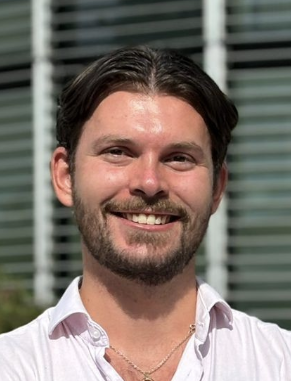International board, equality and educational choice on the Faculty Board's agenda
The size of an educational programme, the establishment of a new international board, and practical gender equality work. These were three of the key topics discussed at the latest meeting of the SCI School's Faculty Board. Nils Wikström, the PhD student representative on the board, tells us more about the issues and explains why they are particularly important right now.

Difficult for Open Entrance students to choose freely
One of the main discussion points concerned the dimensioning of KTH's programmes, with a particular focus on the SCI school.
"The discussion was mainly about how many students should be admitted to each programme and where there is a need to adjust. There have been some problems with the Master of Science in Engineering: Open Entrance, where students in theory should be able to choose their specialisation freely after the first year. But this is not the case in practice, as there is fierce competition for places on other programmes. One suggestion that was discussed was to reduce the number of students admitted to Open Entrance, so that those who are admitted do not have to compete for places on other programmes", says Nils Wikström.
International Advisory Board can bring new perspectives
Another item on the agenda was the establishment of an International Advisory Board (IAB).
"The proposal is to create an advisory body with researchers and teachers from external universities, which can review KTH's priorities, structure and make suggestions for improvement. This was seen as positive, but there are challenges in deciding who should sit on the IAB, both externally and internally."
Gender equality requires sustained efforts
A third discussion arose in connection with a report from the Appointments and Associate Professors Committee, which raised the issue of gender equality within the faculty.
"Since committees and groups at KTH should be equal between women and men, a problem arises. Since only about 30 per cent of the faculty's employees are women, it is difficult to achieve gender equality in practice. It leads to a smaller group having a larger workload, as fewer people need to do more work if the groups are to be equal", says Nils.
He highlights gender equality as a particularly important issue to work on:
"This is something that requires active work and should be included in every meeting. Gender equality in academia is still problematic, and this affects representation on boards, committees and commissions. Although efforts are continuously made at KTH, it is important to evaluate their impact and plan for the next steps."
